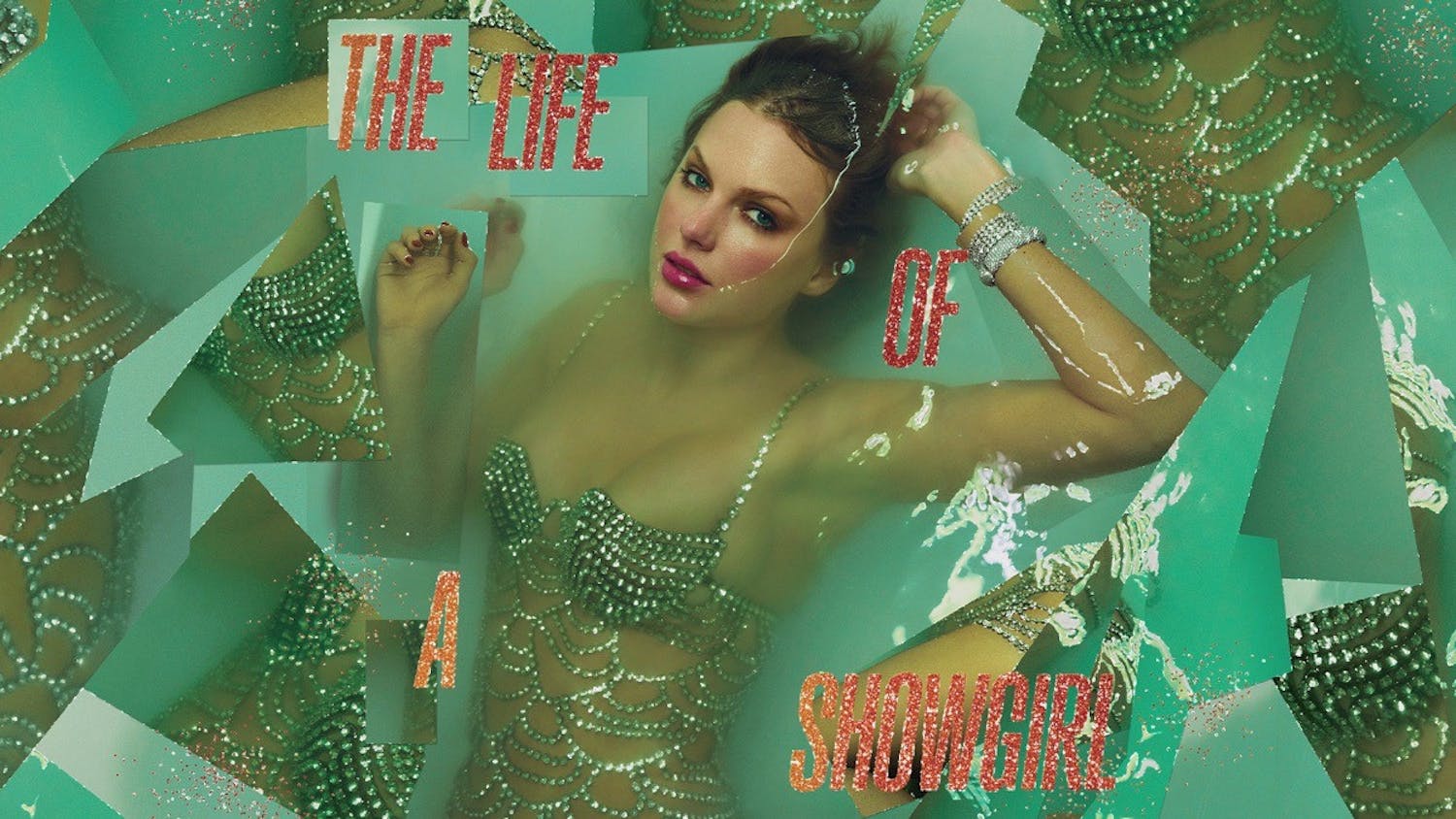Blitzen Trapper is an experimental country-rock band based in Portland, Oregon. Now back on the road to promote their new studio album “VII,” frontman Eric Earley catches up with The Eagle to talk about the new record, what inspires him, and about a curious run-in with one rather suicidal local.
Alejandro Alvarez: I read that you started playing music when you were a kid. How did your interest in music first come about?
Eric Earley: My father played music; both my parents did, so I learned from them when I was little. Banjo was the first instrument I played, then the guitar.
AA: On Sub-Pop’s website, you mention that the band spent its first years homeless, recording in an old telegraph building. How would you say that being homeless has influenced you as a musician?
EE: I don’t know, I mean, I think like anything it adds a lot of stories to the mix of things I write about. (laughs)
AA: In addition to homelessness, what other themes do you most like to write music about, and why?
EE: I think I write a lot about love and, about fights for the most part, sort of lost love, or tragic sorts of themes.
AA: Your fourth album, “Furr,” has a certain piece called “Black River Killer.” It’s a wild tale about a serial killer who vows again and again to start a new life but fails every time. I was wondering if there’s some sort of story behind that song?
EE: (laughs) I don’t know, I mean, not really – I’ve never known any serial killers, or at least I don’t think I have. I mean, the imagery all comes from Oregon obviously, and from traveling. I think for the most part, the subject matter is definitely based on some real people in my life pretty much. The story itself is fictional, and it’s really sort of a general kind of tale. I don’t know, people tend to connect to it, I think there’s something in all of us that trends towards violence that’s a part of us which we always have to control, you know?
AA: Blitzen Trapper has been based in Portland for as long as it’s been around. Is there any reason you guys have stuck around in Portland, and how has the culture of Portland influenced your music?
EE: We all grew up in Oregon so it’s hard to leave I think, and Portland’s a great town. It’s all we know I guess. Portland’s changed a lot. I mean lots of people move there now. It’s not like it used to be. Old Portland’s weird, but in a dark way. It was weird in a very dark way back then, but now it’s pretty gentrified and safe.
AA: Some musicians have a single group or album they can point to as being enormously inspiring to them early on in their careers. Do you have such an album or band which inspired you to pick up songwriting?
EE: Just the group(s) I’ve been into since I was a kid, which was mostly like REM, Neil Young, Paul Westerberg, stuff like that. You know, I like the Americana of the 80s, I guess.
AA: Got any crazy tales you’d like to share from the time you’ve spent on tour?
EE: Well, this Native American guy once tried to kill himself one time using our van as an obstruction.
AA: Really? Where was that?
EE: On this desolate road that connects Phoenix with Salt Lake City, I believe. Comes up through the Grand Canyon.
AA: That’s crazy. What happened to him?
EE: I don’t know, he might be dead, I have no idea. He wasn’t responding, he rolled under the van so if we tried to move we would have killed him, so we had to sit still in the middle of the desert. So we finally had to get out and coax him out from under there. We finally got him out and took off because we didn’t want him to get back under there.
AA: You’ve got a new album coming out in October called “VII.” I was hoping you could tell me a little about what the creative process was like for the new album, what audiences expect, and how your sound has evolved this time.
EE: It took me about a year and a half to write all the songs that had kind of gone on in the studio there. I worked from three different studios actually, and then in my own studio as well. I think the new stuff is dancy, it’s definitely dancier, and it’s got more beats and stuff like that to it. But I think it tells a lot of stories, it’s just kind of what I like to do a lot, it’s very narrative, it’s kind of the main thread that runs through a lot of my music.
AA: This is one of my favorite questions that No Ripcord Magazine often asks- Is there anything interesting you’d like to share that you’ve discovered about yourself or the world through your time with Blitzen Trapper?
EE: I’ll have to think about that. I mean when you start playing music you have all these goals and dreams and illusions of fame. For the most part most of that stuff isn’t real. The stuff that happens to you is generally weirder than the stuff that you’d imagine. (laughs) It’s not that it’s fair; it’s just generally more surprising.
AA: Surprising in what way?
EE: I don’t know, I mean, I think that the older I get, the more life just seems like it’s all just some weird dream, and I think that maybe touring has added to that feeling. (laughs) You kind of learn that you can never really know anybody. You think you know people but you don’t really.
Blitzen Trapper will be playing at the Black Cat on Sept. 27. “VII” will be released on Oct. 1.
thescene@theeagleonline.com




